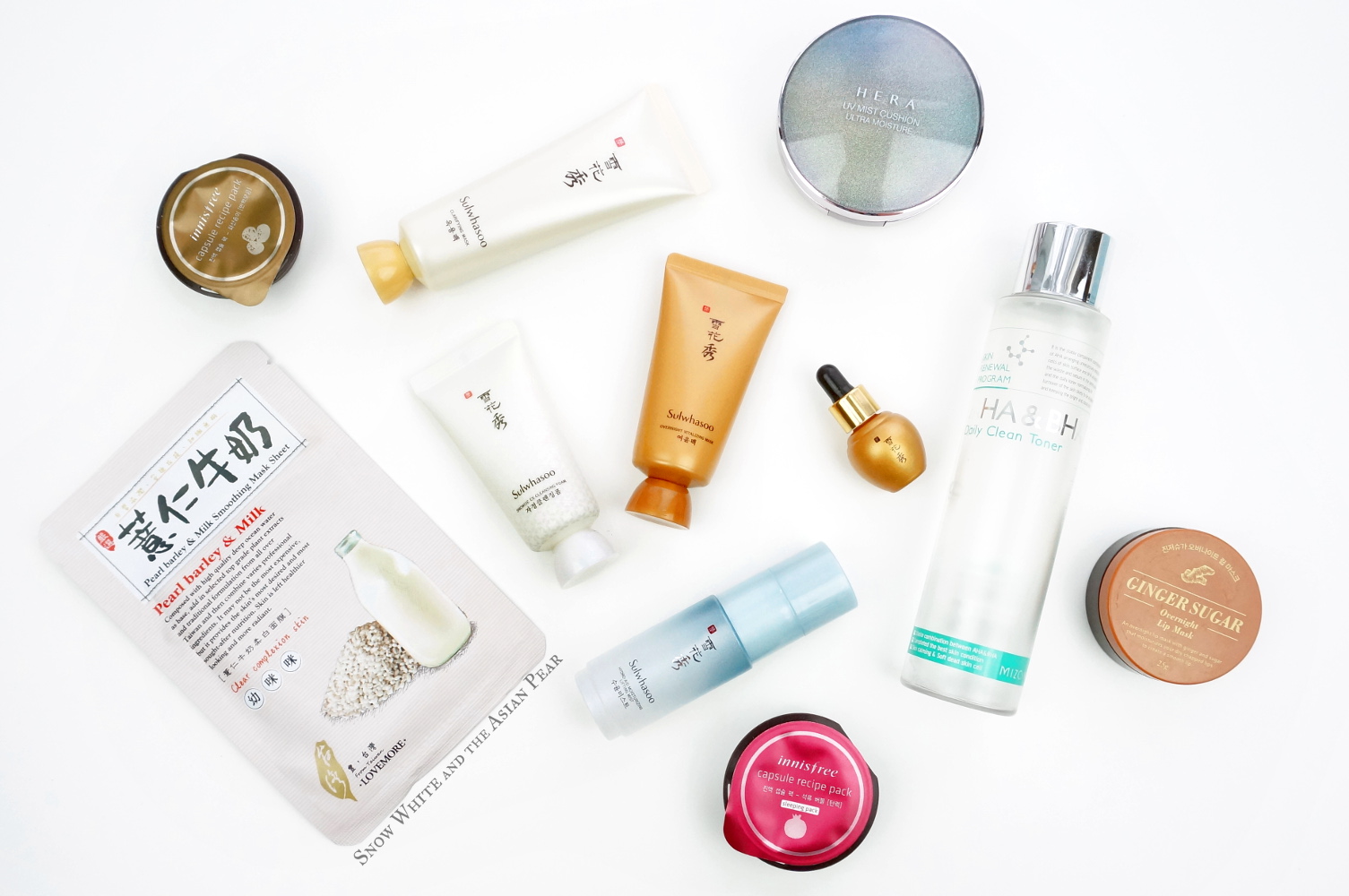Korean skincare products have gained significant popularity worldwide due to their innovative formulations and effective results. In this ingredient analysis, we will examine some commonly used ingredients in Korean skincare and their potential benefits for the skin.
1. Hyaluronic Acid:
Hyaluronic acid is a popular ingredient in Korean skincare because of its excellent moisturizing properties. It has the ability to hold up to 1,000 times its weight in water, providing intense hydration to the skin. By improving moisture retention, hyaluronic acid helps reduce the appearance of fine lines and wrinkles, leaving the skin plump and supple.
2. Centella Asiatica:
Commonly known as “Cica,” Centella Asiatica is a powerful plant extract used in many Korean skincare products. It has soothing and calming properties that help reduce inflammation and redness in the skin. Cica also promotes collagen synthesis, aiding in skin regeneration and wound healing.
3. Niacinamide:
Niacinamide, a form of vitamin B3, is a versatile ingredient found in numerous Korean skincare formulations. It helps regulate sebum production, making it beneficial for those with oily or acne-prone skin. Niacinamide also brightens the complexion, fades hyperpigmentation, and improves overall skin texture.
4. Snail Mucin:
One of the unique ingredients in Korean skincare is snail mucin. Known for its healing properties, snail mucin contains antioxidants, hyaluronic acid, and peptides. It promotes skin cell regeneration, smoothes fine lines, and helps fade scars and hyperpigmentation. Snail mucin is also effective in hydrating and soothing the skin.
5. Green Tea Extract:
Green tea extract is widely used in Korean skincare due to its rich antioxidant content. It helps protect the skin from environmental damage, reduces inflammation, and has anti-aging benefits. Green tea extract also enhances skin tone, leaving it refreshed and revitalized.
6. Propolis:
A resinous substance made by bees, propolis is a key ingredient in Korean skincare due to its antibacterial and healing properties. It helps fight acne-causing bacteria, soothes irritated skin, and promotes wound healing. Propolis is also rich in antioxidants, making it effective in combating free radicals and maintaining healthy skin.
Conclusion:
Korean skincare products are well-known for their use of innovative and beneficial ingredients. This ingredient analysis highlighted some commonly used components such as hyaluronic acid, Centella Asiatica, niacinamide, snail mucin, green tea extract, and propolis. Incorporating these ingredients into your skincare routine may provide various benefits, including hydration, soothing properties, brightening effects, and anti-aging benefits. Remember to patch test new products and consult with a dermatologist if you have specific skin concerns or sensitivities.
